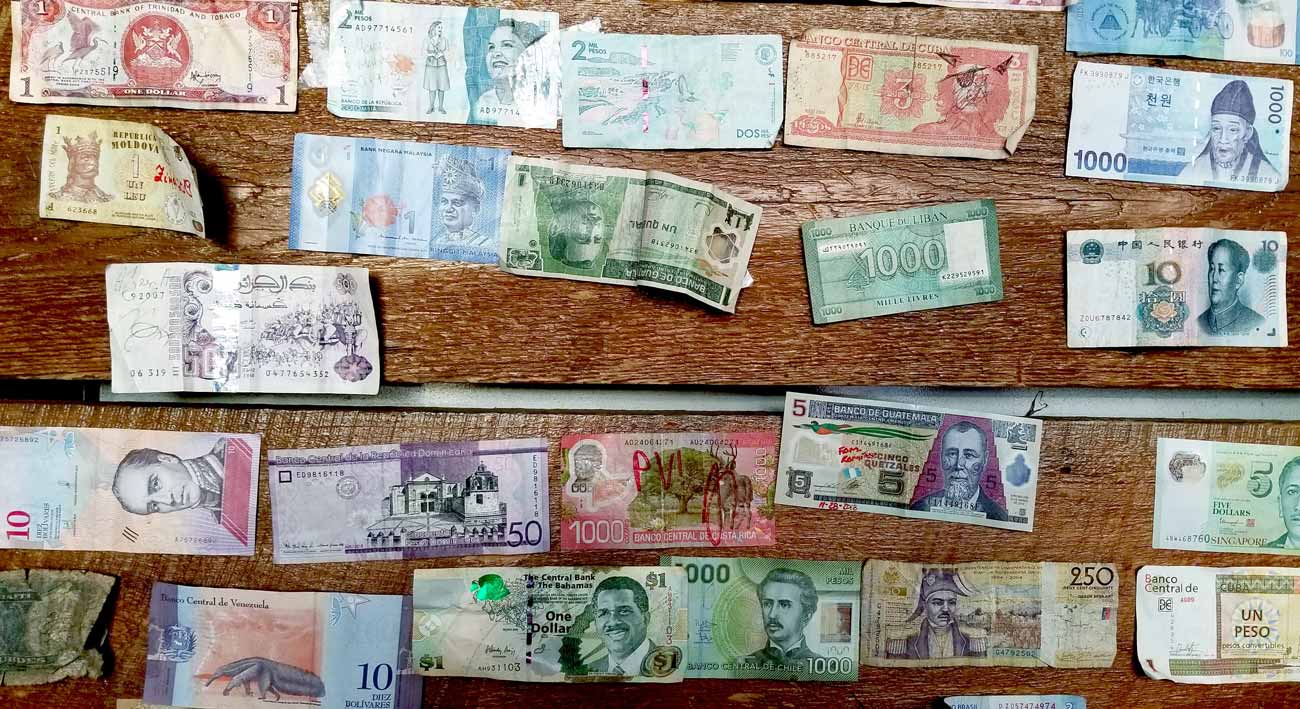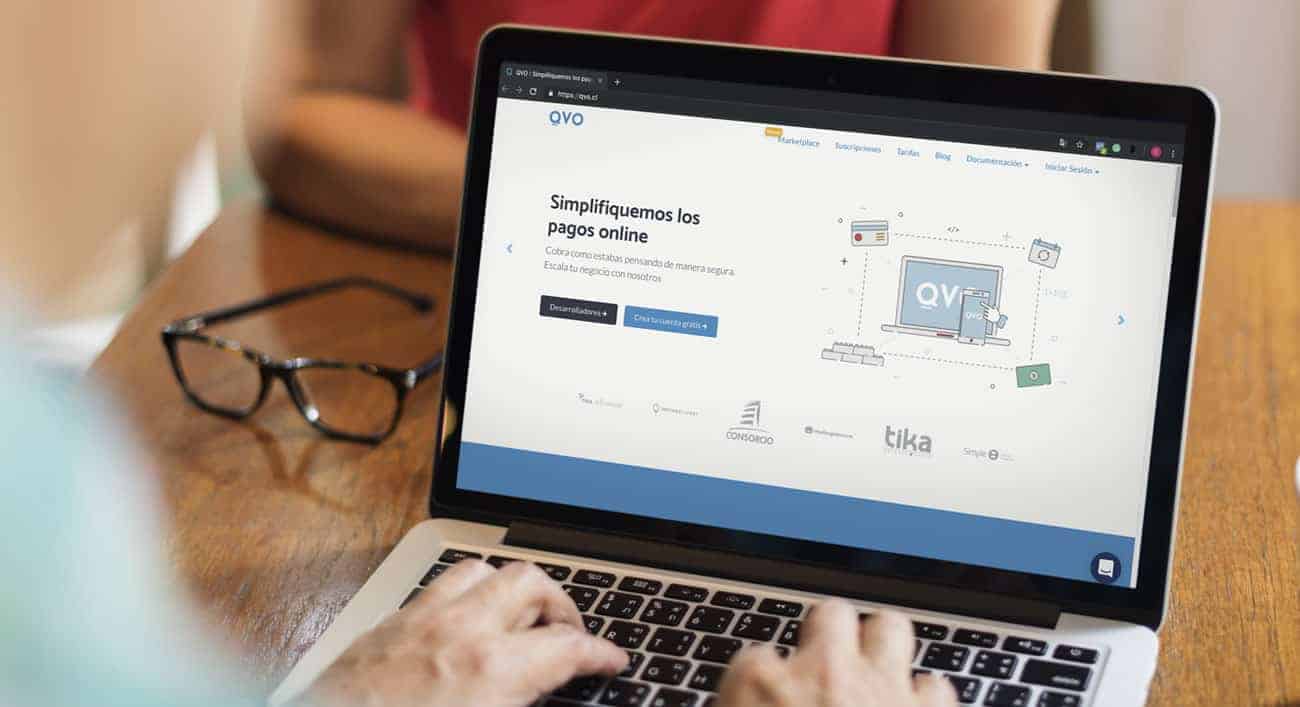Contxto – New fintech partnerships are forming in Latin America. For example, the first Chilean payment company to join RippleNet is CurrencyBird, a peer-to-peer remittance company based in Santiago.
Strategic partnership
RippleNet is part of Ripple’s global network of payment providers using blockchain technology for fast and reliable money transfers. Partners ranging from banks and fintechs use the decentralized financial service for money transfers.
For now on, the Chilean fintech will have access to RippleNet’s growing platform. Such a partnership will also allow CurrencyBird to send funds to more locations as well as offer new currencies at better rates and quicker transfer speeds.
“The addition to Ripple Net will bring many benefits for the more than 12,000 CurrencyBird customers,” said the company in a statement. “It will allow the company to add new routes to its more than 50 destinations, new currencies, better prices and faster transfer speeds, all using the technology developed by Ripple based on blockchain.”
According to the CEO of CurrencyBird, his venture is looking forward to offering these novel features. At the same time, this arrangement validates the work it has done with Chile’s Production Promotion Corporation (Corfo).
“Being part of this worldwide network supports the work we have been doing since 2015, as an enterprise supported by Corfo, to offer our more than 12 thousand clients simple, safe, transparent and low-cost international transfers,” said Teófilo de la Cerda, founder and CEO.
CurrencyBird went live on RippleNet late last month after formalizing arrangement in March. Sources expect the Chilean company to use Ripple’s xCurrent payment solution, although this has yet to be confirmed.
Remittances in Latin America and the Caribbean
While economic growth grew by 1.9 percent throughout Latin America and the Caribbean in 2018, the rate of family remittances went up by nearly 10 percent. Last year, the value of remittances exceeded US$85 billion with Haiti, Colombia, Brazil, Guatemala and Paraguay representing the most transactions.
Representing 4 percent of the region’s entire GDP, it goes without saying that many Latin Americans depend on these family contributions. In Chile alone, the country received US$66 million in personal remittances, according to the World Bank.
Some reports also say Chile is a “gold mine” for international payments. Since 2010, more money leaves the country on a yearly basis than coming into it. Keeping this in mind, blockchain technology allowing the easy transfer of digital data and secure coding could increase this trend even more.
Along those lines, many expect blockchain technology to be the future of financial transfers. Oftentimes, traditional money transfers are slow, expensive and unreliable. Certain transactions even require three to five days to go through.
Expenses are another issue, totaling US$1.6 trillion every year in annual fees according to Ripple’s website. Many also have high failure rates.
-JA







